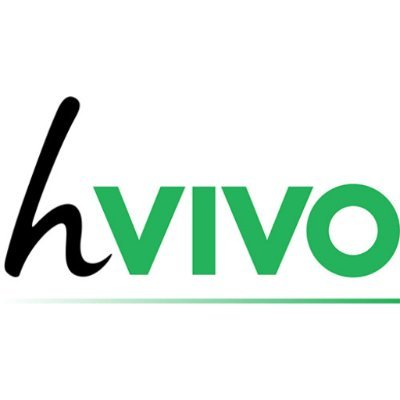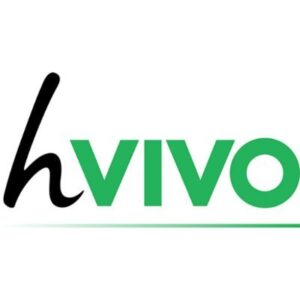Many people wonder whether clinical trials offer financial compensation for participation, as these trials can require a significant time investment and involve some inconvenience. While clinical trials are essential for advancing medical knowledge by testing new treatments, they often offer compensation to encourage participation. However, before committing, it is important to know how payment works, what costs are covered, and what to expect.
The compensation offered in clinical trials varies depending on several factors, including the type of trial, the level of involvement, and the institution conducting the research. Some trials provide higher payments for increased risks or longer time commitments, while others may not offer direct compensation but instead cover related expenses such as travel and accommodation.
For example, at FluCamp, payments are based on the duration of the trial, including residential stays and follow-up visits. Participants can earn up to £4,400 for taking part in clinical trials. It’s important to note that, depending on the amount earned and your financial situation, you may need to report your earnings to HM Revenue and Customs (HMRC). Tax guidelines on this income can be found in the HMRC Employment Income Manual (EIM71105), and it’s advisable to contact HMRC for further advice.
In the UK, the amount you can earn varies significantly. For short-term, early-phase drug trials, compensation can range from £1,000 to £4,000 for a commitment that lasts from a few days to a week. Long-term studies, which require regular visits over a longer period, typically offer lower payments per visit, but these can add up to substantial amounts. For example, you may receive £200 to £500 per visit for a study that spans months or years.
Payment for clinical trials is usually made in one lump sum at the end of the study, though some trials may offer staggered payments throughout the course of your involvement. For example, at FluCamp, compensation is given after each screening visit, with additional payments made after the residential stay and the final follow-up visit.
Many trials also cover certain expenses, such as travel, accommodation, or meals, especially if multiple clinic visits are required. At FluCamp, participants receive reimbursement for travel expenses, including £40 for attending the initial pre-screening appointment. This helps ease some of the financial burdens associated with participation.
While it’s possible to take part in multiple clinical trials, there are regulations in place to ensure your safety. The Medicines and Healthcare products Regulatory Agency (MHRA) provides guidelines that govern participation in trials, and you must disclose any ongoing involvement in other studies. This ensures the integrity of the research and protects your health.
Participating in clinical trials offers the opportunity to contribute to medical research while potentially receiving compensation for your time and effort. However, payment structures can vary widely, so it’s important to understand the details of any trial you are considering before committing.
Clinical trials can provide financial compensation for your involvement, but the specifics depend on the trial and the level of commitment required.
hVIVO plc (formerly Open Orphan plc), led by Cathal Friel, is a rapidly growing specialist contract research organisation (CRO) and the world leader in testing infectious and respiratory disease vaccines and antivirals using human challenge clinical trials, providing end-to-end early clinical development services for its broad and long-standing client base of biopharma companies.


